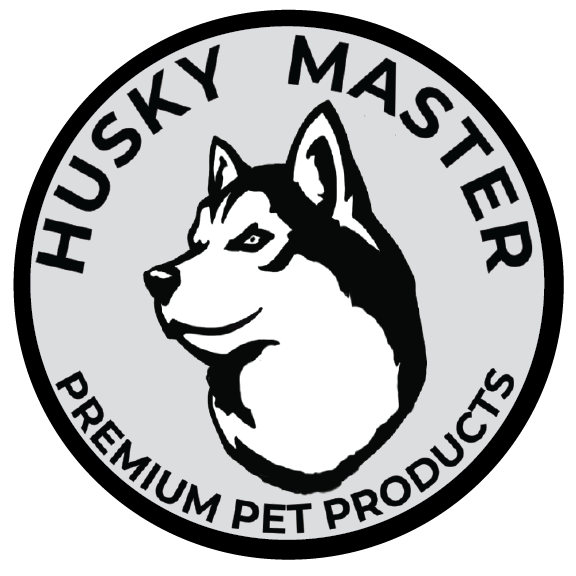
How to Train Your Dog to Stop Chewing
Share
Dogs are naturally curious creatures, and chewing is one way they explore the world around them. While this behavior is normal, it can become a problem when your dog starts chewing on items you’d rather keep intact—like furniture, shoes, or even your favorite plants. Fortunately, with the right training and the help of our Extra Strength No Chew Spray, you can effectively teach your dog to stop chewing on things they shouldn’t.
1. Understand Why Dogs Chew
- Teething Puppies: Puppies often chew to relieve the discomfort of teething. Providing appropriate chew toys is crucial during this stage.
- Boredom or Anxiety: Adult dogs might chew out of boredom, anxiety, or as a way to relieve stress. Identifying the root cause can help you address the behavior more effectively.
- Attention-Seeking: Sometimes, dogs chew to get attention, especially if they’ve noticed that chewing on certain items results in a reaction from you.
2. Provide Appropriate Chew Toys
- Diversion Tactics: Give your dog a variety of chew toys to keep them occupied. Make sure the toys are durable and safe for their size and chewing habits.
- Rotation Strategy: Rotate the toys regularly to keep your dog’s interest high. A toy that’s new or hasn’t been seen in a while can be more enticing than a familiar one.
3. Use No Chew Spray as a Deterrent
- Apply No Chew Spray: Spray our Extra Strength No Chew Spray on items you want to protect. This powerful deterrent is more effective than sour apple or bitter apple sprays and is easy to apply with the convenient spray bottle.
- Target Specific Areas: Focus on areas your dog is most likely to chew, such as furniture, shoes, blinds, or plants. Reapply the spray as needed, especially if your dog persists in testing boundaries.
4. Monitor Your Dog’s Behavior
- Immediate Supervision: Initially, keep an eye on your dog after applying the No Chew Spray to ensure they’re responding as expected. If they attempt to chew on a sprayed item, they’ll quickly associate the unpleasant taste with the object and stop.
- Positive Reinforcement: Whenever your dog chooses to chew on an appropriate toy instead of a sprayed item, reward them with praise or a treat. This reinforces the desired behavior.
5. Create a Chew-Free Zone
- Limit Access: Until your dog is fully trained, consider using baby gates or closing doors to keep them out of rooms where they’re likely to chew on things they shouldn’t.
- Dog-Proofing: Remove or secure items that are particularly tempting to your dog, like shoes, remote controls, or loose cables. This reduces the chances of them finding something inappropriate to chew on.
6. Address Underlying Issues
- Exercise and Mental Stimulation: Make sure your dog is getting enough physical exercise and mental stimulation. A tired dog is less likely to chew out of boredom or anxiety.
- Alleviate Anxiety: If your dog’s chewing is anxiety-related, consider strategies to help them feel more secure, such as crate training, using calming supplements, or consulting with a professional trainer.
7. Consistency is Key
- Be Patient: Training takes time, and it’s important to be consistent with your efforts. Apply the No Chew Spray regularly, and maintain a routine that reinforces positive behavior.
- Stay Positive: Avoid punishing your dog for chewing on the wrong items. Instead, redirect their attention to appropriate toys and reward them for good behavior.
8. Use No Chew Spray for Wound Care
- Protect Hot Spots and Wounds: Our No Chew Spray is also effective for dog wound care. If your dog has hot spots, cuts, or sores, apply the spray to deter them from licking or chewing the affected area, which can speed up healing and prevent further irritation.
Training your dog to stop chewing on your things doesn’t have to be a battle. With the help of our Extra Strength No Chew Spray and these training tips, you can protect your belongings while teaching your dog what’s acceptable to chew. Remember, consistency and positive reinforcement are essential to helping your dog develop good habits that will last a lifetime.












